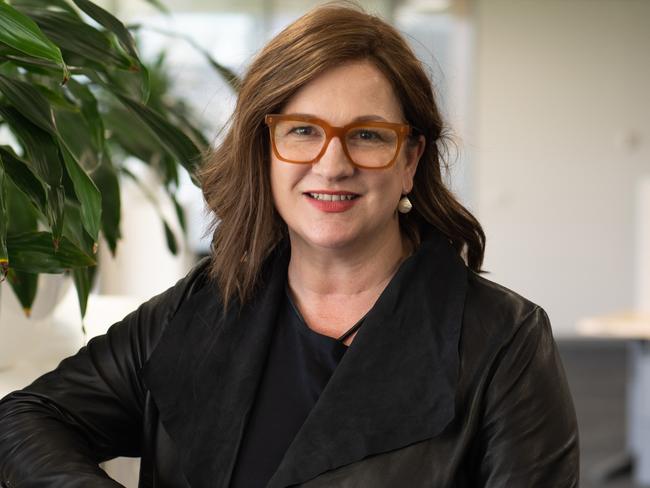ADHD diagnoses on the rise as awareness grows
The number of people being diagnosed with ADHD is growing as awareness about the condition causes more people to seek out an answer to “quite common” life-long symptoms.

Victoria
Don't miss out on the headlines from Victoria. Followed categories will be added to My News.
The rising number of ADHD diagnoses is likely to continue, as growing awareness sees people who once “fell through the cracks” get answers to life-long symptoms.
The jump in formal diagnoses should not be mistaken for an actual increase in the prevalence of ADHD, multiple experts say, and is instead a correction of decades of under-diagnoses.
Attention Deficit Hyperactivity Disorder is characterised by a prolonged pattern of concentration, attention and impulse control difficulties impacting everyday life.
Australian Psychological Society president Dr Catriona Davis-McCabe said their members were seeing more patients thanks to growing awareness, including online.
“There’s not necessarily a large influx of people who suddenly have ADHD, but there is an influx of people who are willing to present,” she said.
“It’s a neurobiological disorder and it is not caused by parenting styles.”
The latest PBS data, from a federal committee, shows the number of Australians on ADHD medication surged by almost 300 per cent in ten years, rising to 470,000 people in 2022-2023.
But the jump was even sharper in adults – rising by more than 450 per cent – and women, who made up 52 per cent of treated adults in 2022-2023 after decades of lower diagnosis rates.

Royal Australian and New Zealand College of Psychiatrists president Dr Elizabeth Moore said she suspected symptoms of the “actually quite common” condition were in the past mistaken for “other things ADHD is associated with”.
“ADHD is linked with anxiety, depression, eating disorders,” she said.
She said it impacted about 8 per cent of children and 2.5 per cent of adults, but was “particularly under-diagnosed in women”.
“We believe that’s because women, generally speaking, have better interpersonal relationships.
She said diagnosis required a “comprehensive assessment” and warned anything online “that is a very simple test is not likely to be realistic”.
Dr Davis-McCabe said while social media had played a “huge part” in the positive, growing awareness, there was a “real risk of misdiagnosis”.
“Not everything is ADHD,” she said.
But she said it could still be a “good starting point” if it prompted someone to seek help and they were open to a different diagnosis.

“People do come and say I’ve seen this on social media, and I think I have ADHD,” she said.
“It’s about being open to the assessment process.”
Royal Australian College of General Practitioners president Dr Nicole Higgins has ADHD herself and has been a strong advocate for early intervention across health and education.
She said lengthy waitlists for expensive, often metropolitan-based specialists can delay people’s access to a diagnosis and support, but emphasised many effective treatments exist.
“We all have brains that work differently and with the tools, which may be medication, skills training or counselling, people develop ways of managing and coping,” she said.
“As people talk about their positive experiences . . . it takes away the shame, the stigma and fear around exploring ‘OK, why is my brain a little bit different’.
“You can’t tell who has ADHD. It might be the person next to you, it might be your doctor, it might be your teacher, your child or your friend.”
Originally published as ADHD diagnoses on the rise as awareness grows


